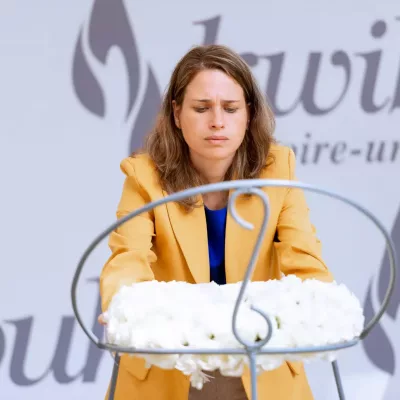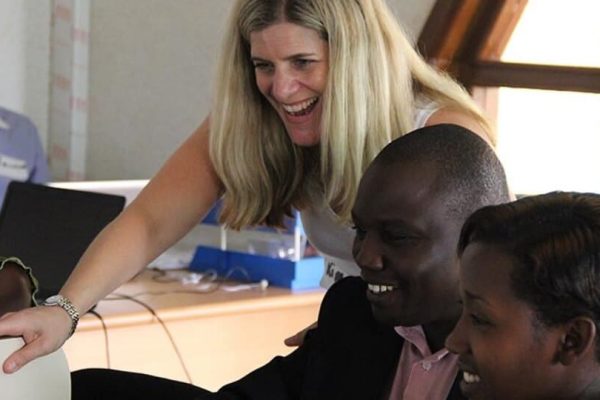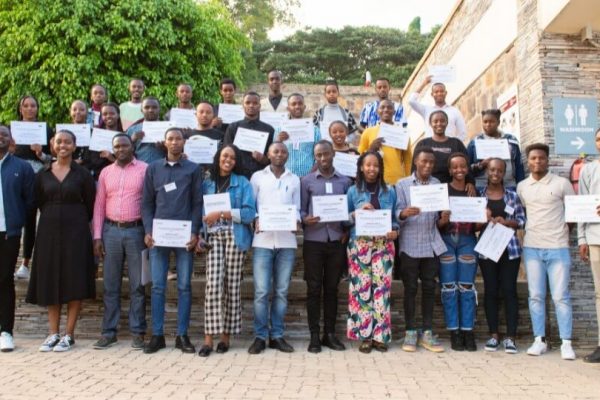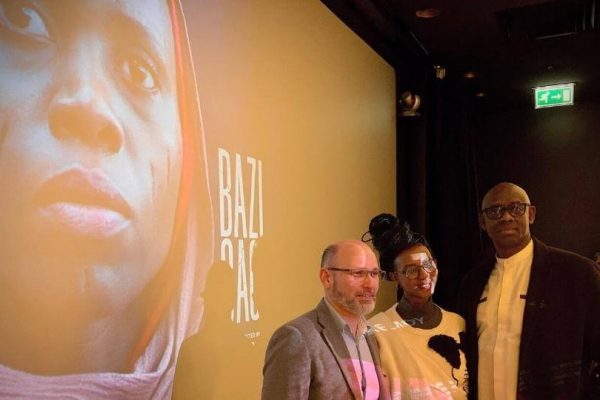A delegation of 27 people from South Sudan visited Kigali Genocide Memorial on 26 April 2016. The delegation came to not only pay respects to victims, but also to learn about the causes of the Genocide against the Tutsi so that they can prevent it from happening again in their own country.
The visit included a tour of the different exhibitions of the memorial, which tell the history of the Genocide against the Tutsi, genocides in other parts of the world, and the Children’s Room – a tribute to all young people killed in the Genocide.
Aggrey Tisa Sabuni, a Presidential Advisor in South Sudan, appreciated the memorial and spoke of the importance of having memorial sites.
“It is a very good idea to preserve one of humanity’s greatest failures,” he wrote in the visitor guestbook.
After the tour, delegation members recognised the courage to forgive that many survivors showed and said they learnt that this is a good step to durable peace.
“I understand the horror of this event which left hundreds of thousands of children with a cursed life, but I am overwhelmed by the attitude and understanding of forgiveness shown by victims,” Renben Kuany, Republic of South Sudan.
“I can now see why Rwanda can make difference in the lives of people worldwide. They defeated an undefeatable tragedy. The unforgivable is forgiven, the unforgettable forgotten and a good contribution to world peace. May almighty rest the souls in peace,” Mou Mou Athian Knoc, Republic of South Sudan.
The delegation left messages saying that they learnt so much from the history of the Genocide, and that their country should learn from it too.
“It was unbelievable. I am leaving this site with great pain. Rwandans are indeed great people because in a matter of only a few years, they have moved their country forward. I hope our country will learn from you to avoid what happened in 1994,” Viana Kakuli Aggrey, Republic of South Sudan.
“This is a reflective tour and one that touches the life of a person. It is important that Genocide should not happen again in the world. We as South Sudanese should learn from this,” Jacob Chol, Republic of South Sudan.







